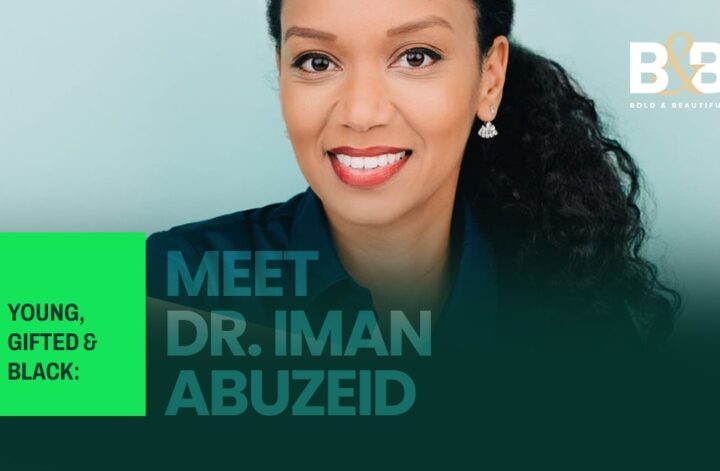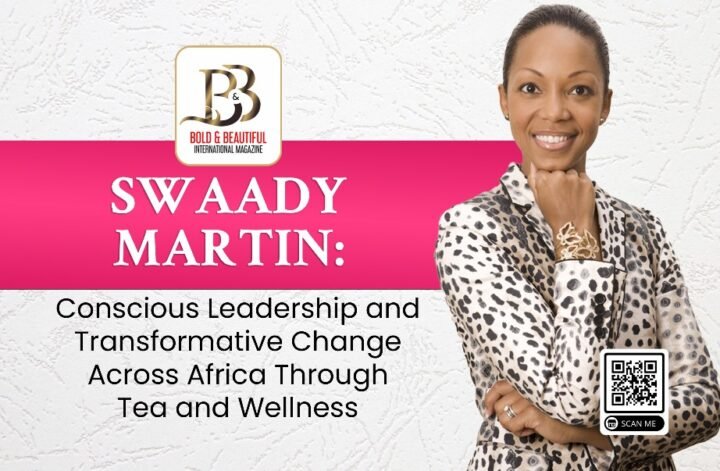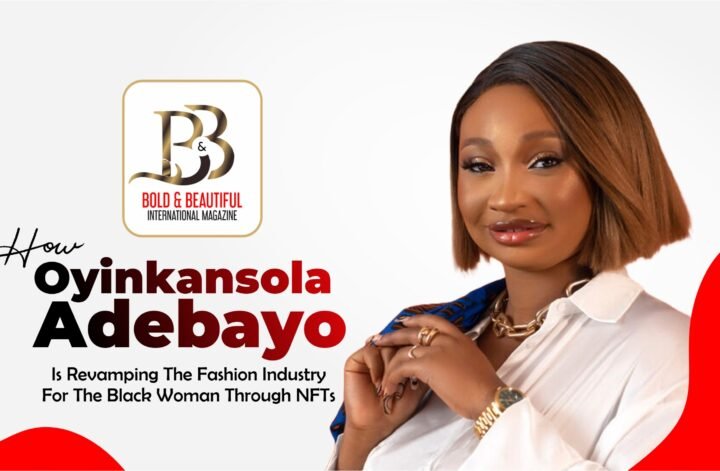We love a good underdog story. The idea that against all odds—poverty, systemic racism, generational curses, and the occasional power outage—someone, somewhere, makes it to the top. We romanticize the struggle, package it in bite-sized inspiration, and hashtag it for motivation. But let’s be honest: for young Black talent, the world is not designed for easy victories. Success is often a rebellion, an act of defiance against a system rigged to see them fail.

Meet Dr. Iman Abuzeid, a Sudanese-American doctor who took one look at the medical field and decided, Nah, we can do this better. While most people see hospitals and think of patients and doctors, Abuzeid saw a business model riddled with inefficiencies. So, what did she do? She built Incredible Health, a digital platform that revolutionizes how hospitals hire nurses—cutting down hiring time from months to weeks. Investors scoffed at first. A Black, female entrepreneur in healthcare technology? Unheard of. But she proved them wrong, securing millions in funding and turning Incredible Health into a unicorn startup—valued at over $1 billion.
Pause. Let that sink in.
A Black, female CEO running a billion-dollar healthcare tech company in America. Not entertainment. Not sports. Not fashion. Healthcare tech.
Now, let’s talk about what this really means.
The world has a habit of boxing in Black talent. If you are not making people laugh, dance, or score goals, you’re met with skepticism. A young Black person declares they want to be an astrophysicist, and suddenly everyone starts clearing their throat, offering unsolicited advice about “practical careers.” Society is quick to embrace Black excellence in certain spaces—athleticism, music, performance—but often meets Black intellectualism and innovation with hesitation, if not outright hostility.

How many brilliant Black minds have been ignored because they didn’t fit the mold? How many game-changing ideas have died in boardrooms because the person pitching them didn’t “look” like a CEO?
Dr. Iman Abuzeid is proof that young, gifted, and Black is not just a catchy phrase—it’s an unshakable reality. A reality that persists, even in a world that doesn’t always know what to do with it.

And here’s the kicker: success, for people like her, is never just personal. It is political. It is historical. It is a middle finger to every system that tried to convince young Black kids that they could only dream within reason.
So, what does her story tell us? That the future is not waiting for permission. That young, Black innovators are here—writing their own narratives, breaking barriers, and, quite frankly, making history uncomfortable.
The question is, are we paying attention?





